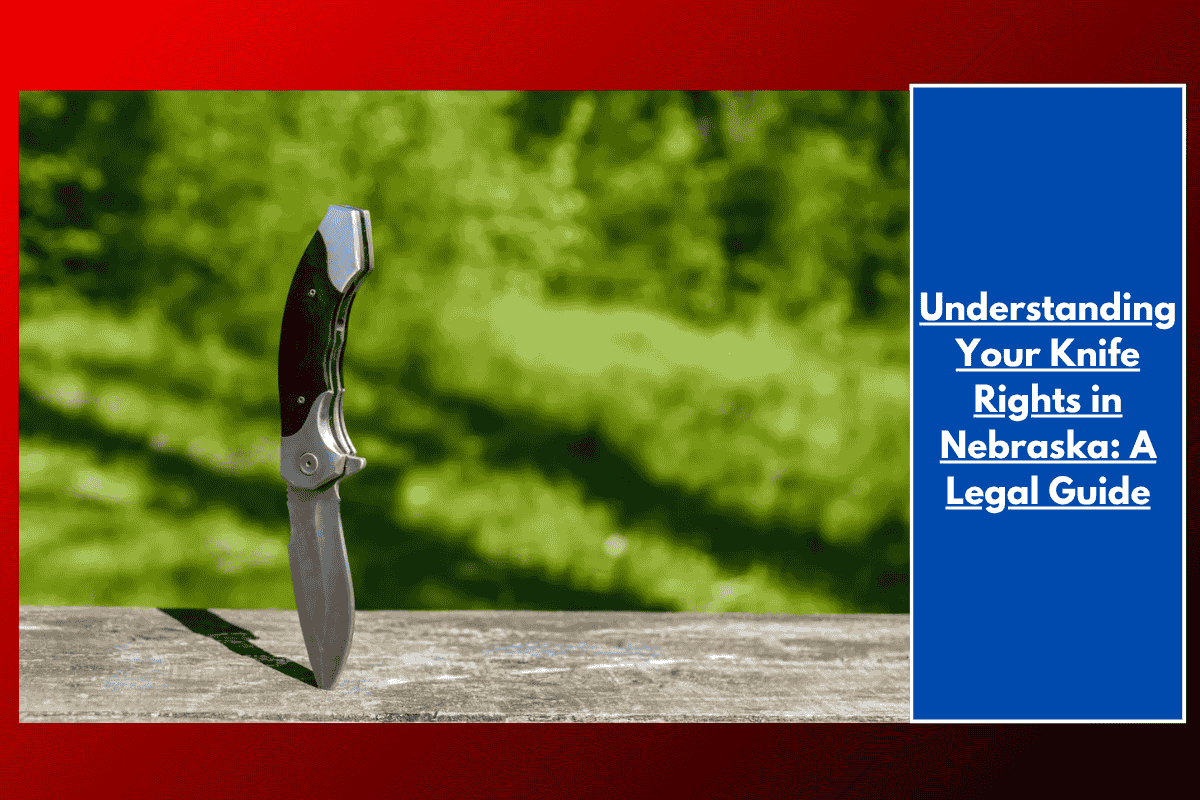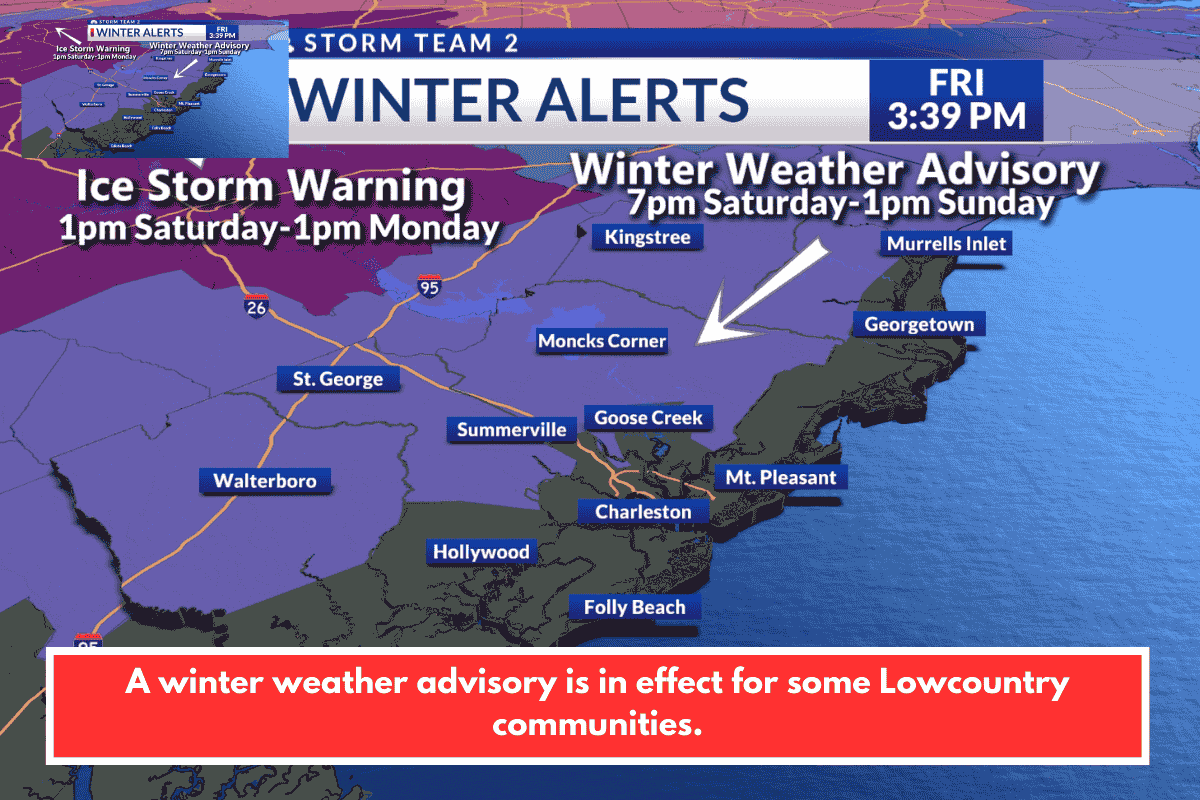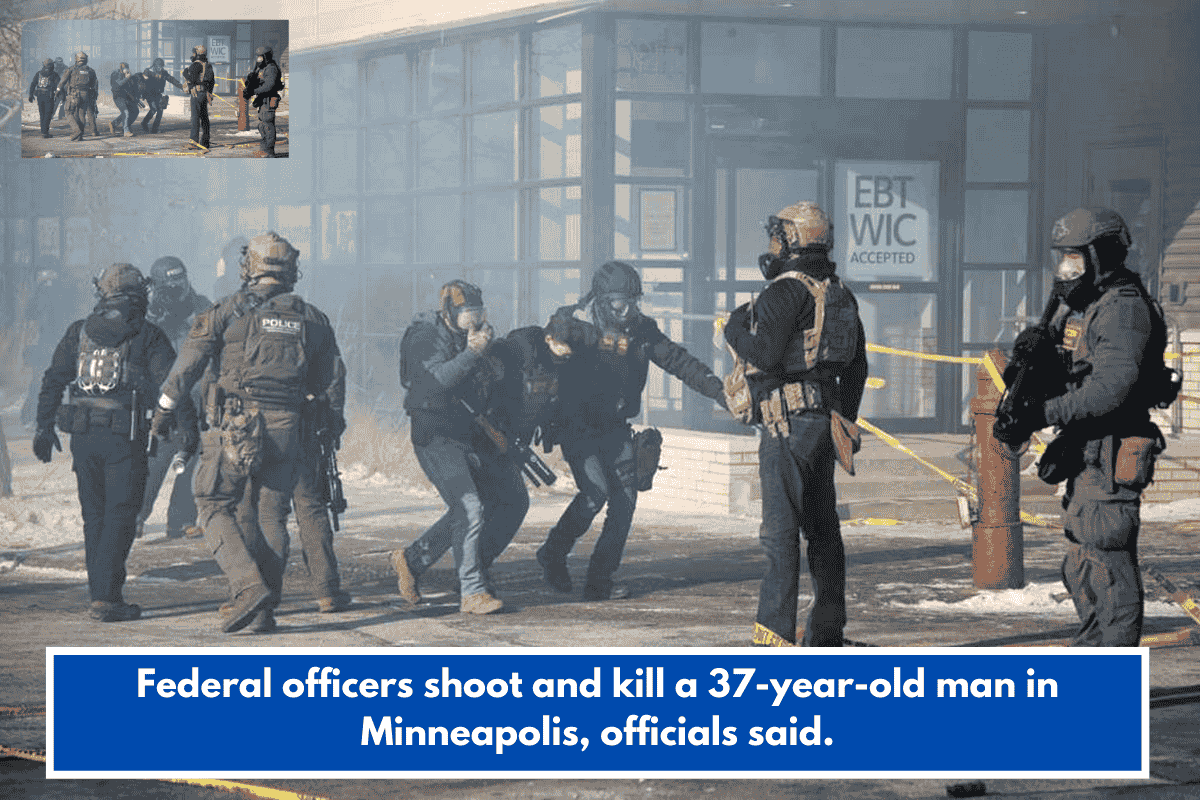In many parts of the United States, knife laws are complex and vary from state to state. In Nebraska, as in many other states, the legal rights surrounding knives can be difficult to navigate, especially for those who carry knives for personal protection, work, or recreational purposes. This guide will help you understand your knife rights in Nebraska and the legal restrictions you should be aware of.
Knife Laws in Nebraska: A Quick Overview
Nebraska’s laws regarding knives primarily focus on the types of knives that can be carried, where they can be carried, and who can carry them. In general, the state allows individuals to own and possess a wide variety of knives, but there are certain rules and restrictions that must be followed to ensure that you stay on the right side of the law.
Types of Knives Legally Allowed
In Nebraska, most types of knives are legal to possess. This includes common folding knives, fixed-blade knives, and utility knives. However, the legality of carrying these knives depends on how they are carried and the type of knife in question.
Folding Knives: These are legal to carry in Nebraska. There are no state laws prohibiting the carrying of folding knives, as long as they are not concealed in a way that violates other restrictions.
Fixed-Blade Knives: Fixed-blade knives, such as hunting knives, are legal to own and possess in Nebraska. The main concern with carrying a fixed-blade knife is whether it is concealed. It’s important to note that a fixed-blade knife worn openly on the waist is generally not a problem, but concealing it without a permit could lead to legal trouble.
Automatic and Switchblade Knives: Nebraska law does not specifically prohibit automatic knives or switchblades. However, because these knives can be classified as “concealed weapons” under some circumstances, they may be subject to additional scrutiny depending on how they are carried.
Carrying Knives in Public
When it comes to carrying knives in public, Nebraska law draws a distinction between concealed and openly carried knives.
Open Carry: Generally, it is legal to openly carry a knife in Nebraska. This includes carrying knives like pocket knives or hunting knives in visible holsters or sheaths. There are no state restrictions that prohibit the open carry of most types of knives in public.
Concealed Carry: Concealing a knife on your person without a permit is more complicated. In Nebraska, carrying a concealed knife can be considered illegal if it is concealed in a way that makes it hard for others to see. In some cases, even knives with longer blades might be considered concealed weapons if carried in a way that isn’t clearly visible to others. If you are caught carrying a concealed knife illegally, it can result in criminal charges, and you could be fined or arrested.
Prohibited Knives
While most knives are legal to own and carry in Nebraska, there are some exceptions. Prohibited knives are generally classified as those that could be used as a weapon in illegal or violent activities. These include:
Dirks, Dagger, or Stiletto Knives: While these types of knives are legal to possess in Nebraska, their use in certain public settings (such as schools or government buildings) can be restricted. These knives are often associated with illegal activities due to their design and function.
Ballistic Knives: Ballistic knives, which are capable of shooting a blade, are generally prohibited across the country, including in Nebraska. Possessing or carrying one can result in serious legal consequences.
Knife Ownership and Usage Restrictions
While owning a knife is generally not an issue in Nebraska, there are specific rules about where you can carry it and when. Some of the key restrictions include:
Schools and Government Buildings: It is illegal to carry a knife in certain places, such as K-12 schools, public buildings, and courthouses. Even if the knife is openly carried, you may not bring it into these places.
Public Safety and Threats: If you use a knife in a threatening manner or to commit a crime, you will be subject to penalties and criminal prosecution. This includes using a knife in a robbery, assault, or any other criminal activity.
Minors and Knife Possession: While there are no state laws explicitly prohibiting minors from owning or possessing knives, the law does restrict minors from carrying certain types of knives in public. If a minor is found in possession of a knife in violation of these laws, it could result in legal consequences.
Self-Defense and Knife Use
Knives are often carried for self-defense purposes. In Nebraska, as with many other states, self-defense laws apply to the use of knives in certain situations. However, the law emphasizes that the use of deadly force should only be used in situations where there is a reasonable fear of imminent harm.
Self-Defense Laws: Nebraska law allows individuals to use reasonable force to protect themselves or others. If you are attacked and have a reasonable belief that you are in danger, you may be justified in using a knife to defend yourself. However, using a knife in an excessive or unreasonable manner could lead to criminal charges.
In Nebraska, knives are generally legal to possess, but the way you carry them can make a difference. It’s important to understand the rules around concealed versus open carry, the types of knives that are legal, and where knives can be carried. By staying informed about local laws, you can ensure that you are using and carrying knives legally and safely. If in doubt, always check with local authorities or seek legal advice to make sure you’re staying within the law.
SOURCES
[1] https://nobliecustomknives.com/us-knife-laws/nebraska-knife-laws/
[2] https://www.akti.org/state-knife-laws/nebraska/
[3] https://ravencresttactical.com/nebraska-knife-laws/
[4] https://worldpopulationreview.com/state-rankings/knife-laws-by-state
[5] https://www.bladeaddict.com/pages/knife-laws-by-state














